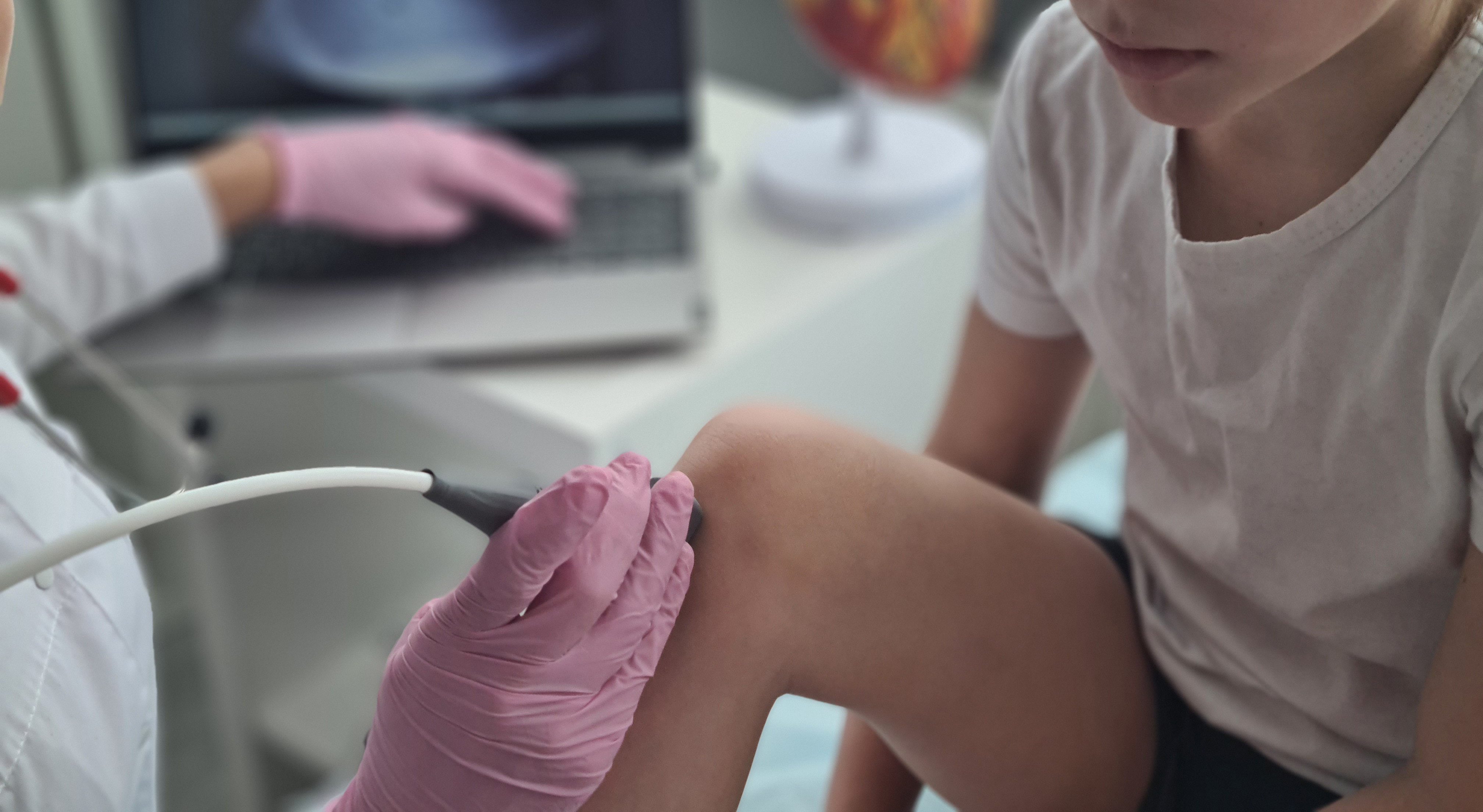
The oral Janus kinase 1/2–selective inhibitor baricitinib may be a safe and effective treatment option for patients with juvenile idiopathic arthritis, according to a report published by Ramanan et al in The Lancet. In the phase III JUVE-BASIS trial (ClinicalTrials.gov identifier NCT03773978), researchers randomly assigned 163 patients aged 2 to 17 years with several forms of juvenile idiopathic arthritis who had an inadequate response or an intolerance to standard therapy to receive 4 mg of baricitinib or placebo for 32 weeks following adequate response during a 12-week open-label lead-in period. The primary endpoint of the trial was time to an arthritis flare. The researchers found that patients who received placebo experienced a median time to flare of about 27 weeks compared with a not evaluable time to flare among patients who received baricitinib (hazard ratio = 0.24, 95% confidence interval = 0.13–0.45). They reported that 2.7% (n = 6/220) of the patients who participated in the safety and open-label periods as well as 4.9% (n = 4/82) of the patients who received baricitinib and 3.7% (n = 3/81) of the patients who received placebo in the randomized trial period experienced adverse events such as pulmonary embolism and treatment-related infections. The researchers concluded that baricitinib demonstrated acceptable safety and efficacy in patients with juvenile idiopathic arthritis who may not be candidates for treatment with standard therapies.